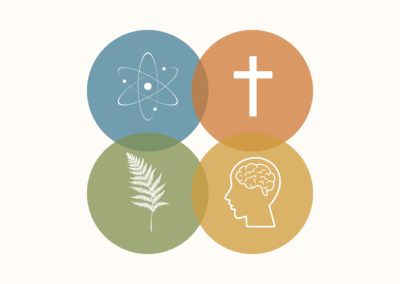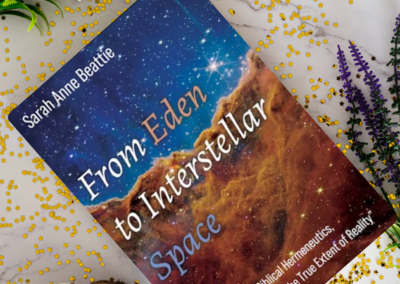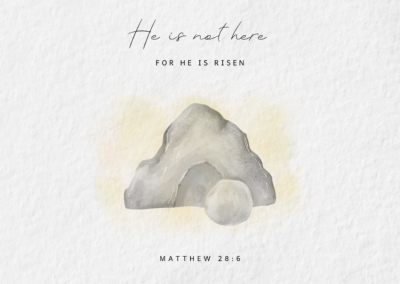
This book is written in response to three problems. The first is that people in general, and particularly Christians, do not know enough about the details of cosmology. They have seen a few images from NASA, but that is it. Second, what they do know fills them with a sense of not belonging, of being alienated from the cosmos. It is too large, too unfriendly, too vast and contains monsters like black holes and lots of yawning emptiness. Third, we also do not know ourselves because we have used objective methods that collapse the self, negate and simplify our consciousness and deny us the opportunity to know God through nature.
The scientific lack is partially filled by a brilliant chapter by Geraint Lewis, a Sydney astrophysicist. He gives a wonderfully short overview of current cosmology but also admits that physics does not know where the universe came from or where it is
going. The universe consists of about 95% dark energy and dark matter—inaccessible to us—as well as mysterious black holes. This humility should give us confidence that there is more going on than we ever imagined, something theology would agree with. He also argues that Orthodox theology has long modelled the contemplation of the universe as a means of knowing God. The Reformation somewhat undermined this conviction, and that has affected even
Orthodox churches, which now have a tendency to creationism and a denial of deep time.
Third, Costache argues that the self in proper contemplative connection to the cosmos allows us to understand ourselves and our expansive consciousness. A New Copernican Turn is a brilliant little book of science-engaged theology, encouraging Christians to know as much as possible about science, in this case physics. And also, to re-establish a contemplative connection to the natural world.
For a fuller review click here in the Review of Science, Religion and Theology, 4/1, 22-25.



